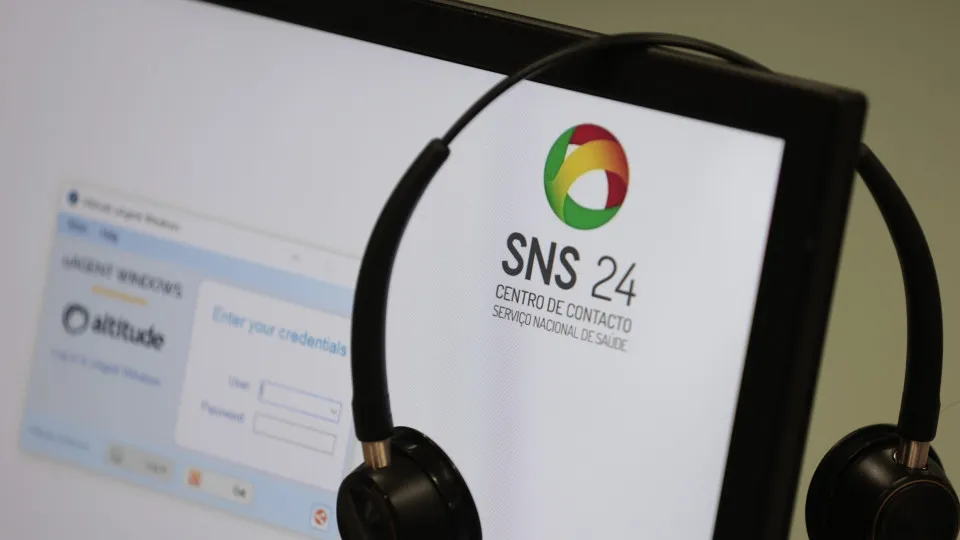
The SPMS announced on their website that the investment in the Health Information Network Next Generation (RISNextG) began in May 2023 and is spread over five years.
RISNextG is described as a “central piece in the digital transformation strategy of the health sector,” developed to meet the “increasing needs for collaboration and information exchange” in the sector.
“Simultaneously, a data center modernization plan is underway, supported by funds from the Recovery and Resilience Plan (PRR), which has already exceeded 30 million euros, allowing the replacement of technological components with more than a decade of operation,” the organization stated.
The SPMS emphasized that this centralization has “technologically renewed the information systems of primary and hospital health care, laying the foundation for a more secure, scalable, and efficient digital ecosystem,” noting that some systems “were obsolete.”
“With an updated telecommunications infrastructure, RISNextG ensures that the local networks of various health organizations and services can operate in an integrated manner, maintaining high standards of quality and security,” highlighted the SPMS.
According to the SPMS, the modernization proceeds with the information systems fully operational and without service interruption in an environment that runs 24/7, significantly increasing the technical complexity of operations and demanding a high degree of planning and coordination.
“RISNextG covers more than 1,900 sites across the country and is based on cutting-edge technology called SD-WAN. This is one of the largest implementations of its kind in the health sector within the European Union,” they asserted.
The SPMS data centers encompass all small and medium-sized local health units (ULS), granting them access to specialized services, high-security levels, and redundancy mechanisms.
The SNS computer system encountered issues since Wednesday, and overnight it became completely inoperational, constraints that resulted from an update performed by NOS on the Health Information Network (RIS) software.
The instability in the SNS computer system originated from the software update, an official source from NOS told Lusa.
According to the SPMS, the operation of the SNS computer system was fully normalized by 12:15 p.m. on Thursday.




